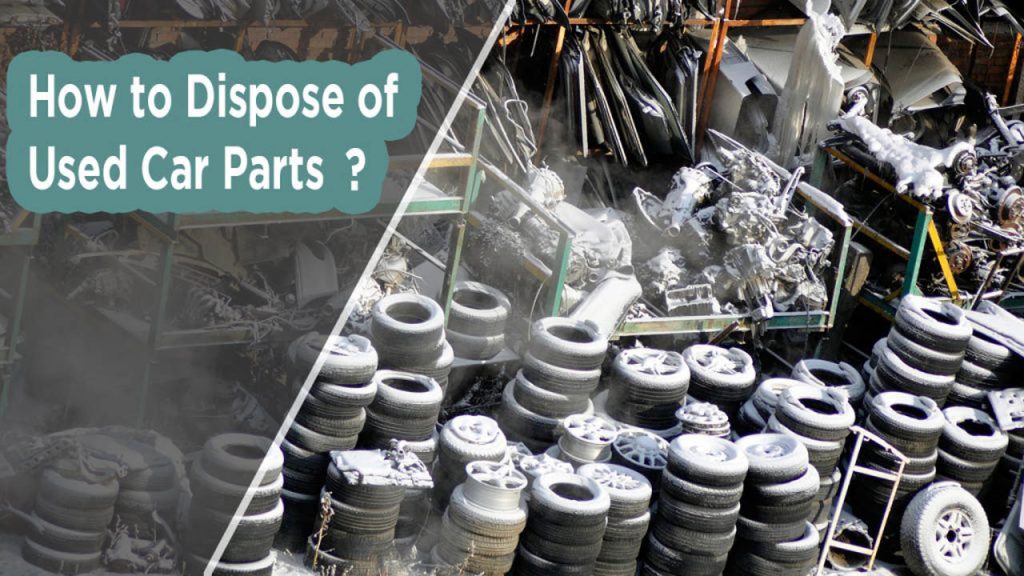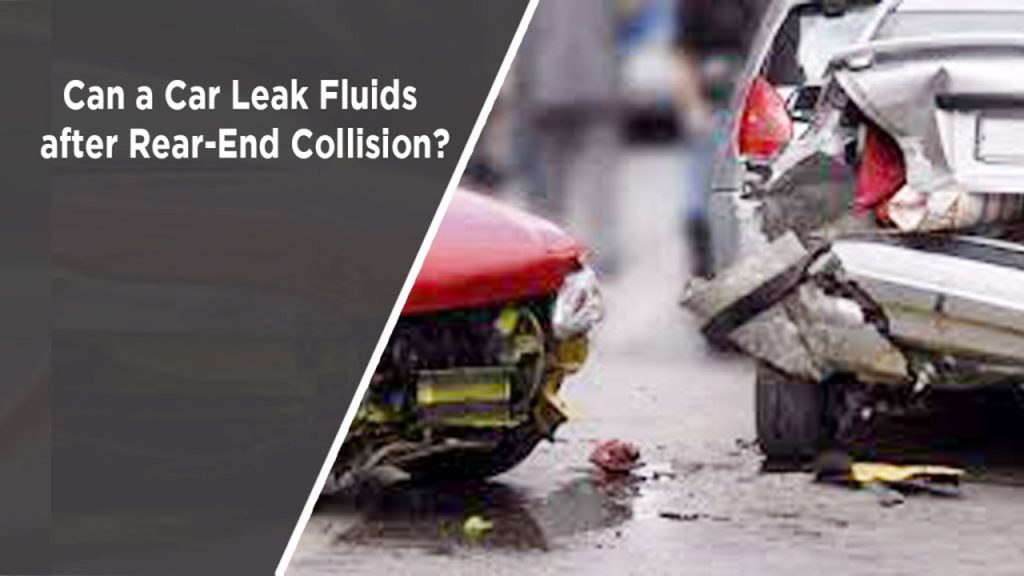If you’ve ever worked on a car, you know that used car parts pile up quickly—worn-out tires, old batteries, rusty exhaust pipes. When the time comes to get rid of these, the question isn’t just “how,” but also “where.” Disposing of used car parts isn’t as simple as tossing them in the trash. Each component has its own set of guidelines for safe disposal or recycling, and following these not only protects the environment but also complies with regulations.

In this guide, I’ll walk you through the best ways to dispose of used car parts responsibly. Whether you’re decluttering your garage or replacing parts after a repair, this article will help you make informed choices.
Why Proper Disposal of Car Parts Matters
Improper disposal of car parts can harm the environment and even pose risks to human health. Old car parts often contain hazardous materials like motor oil, lead, or chemical residues that can leak into soil or water sources. By disposing of them correctly, you:
- Protect the Environment: Avoid contributing to pollution or landfill waste.
- Stay Legal: Many states have strict regulations on how car parts should be discarded.
- Promote Recycling: Many components can be repurposed, reducing the need for new resources.
Steps to Dispose of Used Car Parts
Identify the Type of Car Part
Each car part requires a different approach to disposal. Here’s a quick breakdown of common parts and their disposal methods:
| Car Part | Disposal Method | Key Considerations |
|---|---|---|
| Tires | Recycle or donate | Many states charge a tire disposal fee; avoid dumping. |
| Batteries | Recycle through auto shops | Contains hazardous chemicals; illegal to throw in trash. |
| Engine Oil | Take to recycling center | Never pour down drains or into the ground. |
| Metal Parts | Sell or scrap | Can often be recycled for cash at scrapyards. |
| Plastic Components | Check with local recycling | May require specific facilities for automotive plastics. |
| Brake Pads | Check for asbestos | Old brake pads may contain asbestos and need special care. |
| Electronic Parts | Recycle e-waste | Contains valuable metals like copper and gold. |
Recycle Whenever Possible
Recycling is the best option for most used car parts. Many materials, like metals and plastics, can be broken down and reused in manufacturing new products. Here’s how to recycle specific items:
- Tires: Many tire shops accept old tires for recycling. Recycled tires can be turned into playground surfaces or road materials.
- Batteries: Take old car batteries to auto parts stores like AutoZone or O’Reilly Auto Parts. Many places offer a credit or discount for recycling.
- Metal Parts: Scrap metal yards accept everything from exhaust systems to old car doors. You might even make some cash!
Repurpose or Donate Usable Parts
Not all used parts are beyond repair. Some can be repurposed or donated:
- Sell Usable Parts: If the part still works, list it on online marketplaces like Craigslist or Facebook Marketplace. Mechanics or DIY enthusiasts may want it.
- Donate to Charities: Organizations like Goodwill or local automotive programs might accept parts for repair projects or training purposes.
Dispose of Hazardous Materials Properly
Some car parts contain hazardous materials and require special handling:
- Engine Oil and Fluids: Most auto shops or recycling centers accept used oil, antifreeze, and transmission fluid. Store them in sealed containers before transporting.
- Brake Pads with Asbestos: If your brake pads are older, check for asbestos. Contact a hazardous waste facility for safe disposal.
- Airbags: Airbags are classified as hazardous because they contain explosive materials. Return them to a dealership or certified recycler.
Best Places to Dispose of Used Car Parts
Here are some common places that accept used car parts:
- Auto Shops: Many repair shops recycle tires, batteries, and fluids.
- Recycling Centers: Most cities have dedicated facilities for metal, plastic, and e-waste.
- Scrap Yards: Perfect for metal components and even entire cars.
- Retailers: Stores like Walmart or AutoZone often have recycling programs for specific parts.
- Hazardous Waste Facilities: Necessary for disposing of toxic materials like asbestos or chemicals.
Avoiding Common Mistakes in Car Part Disposal
- Don’t Dump in Landfills: Many car parts are non-biodegradable and can leach toxins into the ground.
- Never Burn Car Parts: Burning releases harmful chemicals into the air, posing health risks.
- Don’t Mix Fluids: Mixing engine oil, antifreeze, or other automotive fluids can create dangerous reactions.
Benefits of Recycling Used Car Parts
Recycling isn’t just good for the planet; it has other perks too:
- Reduces Waste: Keeps bulky car parts out of overcrowded landfills.
- Conserves Resources: Reusing metals and plastics means less raw material extraction.
- Economic Value: Scrap yards often pay for recyclable metals, turning your trash into cash.
Common Car Parts and Their Recycling Rates
| Material | Recycling Rate (%) | Examples |
|---|---|---|
| Metals | 90-95 | Engine blocks, frames |
| Plastics | 50-60 | Bumpers, dashboards |
| Glass | 20-30 | Windshields, windows |
| Rubber | 80-90 | Tires, seals |
Tips for Sustainable Car Part Disposal
- Plan Ahead: Know where you’ll dispose of parts before starting your repair project.
- Buy Recycled: Support the market by purchasing refurbished or recycled car parts.
- Reduce Waste: Use long-lasting, high-quality parts to minimize replacements.
Conclusion
Disposing of used car parts doesn’t have to be a hassle. With a little effort, you can recycle, repurpose, or properly dispose of nearly every component. It’s not just about cleaning out your garage—it’s about doing your part to protect the environment and comply with local laws.
Next time when you work on your car, think twice before throwing old parts in the trash. There’s always a better way to handle them, whether it’s recycling, donating, or selling.
Take the time to research your options and choose the most responsible method. You’ll feel good knowing you’re contributing to a cleaner, greener planet.
FAQs
What should I do with old car tires?
Recycle them at a local tire shop or recycling center. Some shops may charge a small fee for disposal.
Can I throw a car battery in the trash?
No, car batteries contain hazardous materials and must be recycled at an auto shop or recycling facility.
How can I dispose of used engine oil?
Store it in a sealed container and take it to a recycling center or auto shop.
Are all car parts recyclable?
Not all car parts are recyclable, but most metal, plastic, and rubber components can be reused or repurposed.
What happens to recycled car parts?
Recycled car parts are often melted down or reprocessed into new materials, reducing the need for virgin resources.


